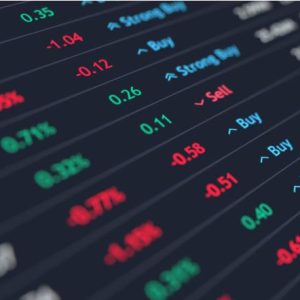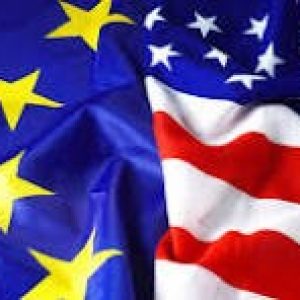Jean-Jacques Pluchart*
Since the accession of Donald Trump to the presidency of the United States, economic patriotism has invited itself into the current debates animating all nation-states. These exchanges reveal not only the polemical nature but also the polysemous nature of the term economic patriotism, often equated with that of economic nationalism. It is true that these notions have been embraced by sometimes opposing schools of thought, and that they still lack a solid scientific foundation. Their perceptions differ according to the political opinions and states of mind of different social groups. Economic patriotism is distinguished from economic nationalism by its nature: the former reflects a rather defensive sentiment (attachment to a country and defense of its economic equilibrium), while the latter covers an offensive ideology (the quest for the economic supremacy of a nation-state). The former enjoys a generally positive image, while the latter suffers from rather negative prejudices, notably inherited from the history of the 20th century. Economic patriotism is therefore a less confrontational concept than economic nationalism. The current resurgence of economic patriotism is mainly driven by the need to rebalance trade balances and alleviate the foreign debts of certain countries, such as the United States and France. In some countries, such as France and Italy, it is justified by the need to reduce unemployment by promoting local production, and to combat inequalities of income and wealth between citizens. It is also explained by consumers’ growing expectations in terms of respect for human rights, public health and environmental protection, which justify their demands for worker protection and product traceability. In Europe, demonstrations in favor of a return to protectionism, deglobalization of trade, relocation of factories, deconsumerism, etc., have been relaunched since the 2000s and relayed by official declarations and reports (notably the Draghi and Carayon reports).
On the ideological front, polemics about economic patriotism pit defenders against opponents of free trade, and federalists against sovereignists. Economic patriotism is denounced by the former as provoking “trade wars”, and by the latter as engendering unfair globalization of trade. Some see it as an alternative to the cosmopolitanization of societies and the globalization of economies – which generate unemployment and inequalities in Western countries – while others see it as a factor in the contraction of trade and the slowing of growth
of societies and the globalization of economies – generating unemployment and inequalities in Western countries – but represented by others as a factor in the contraction of trade and the slowdown of growth. These debates have been rekindled by the contestation of the latest international trade agreements (such as CETA and TAFTA) and the one-upmanship (the tit for tat theorized by Axelrod) between states, illustrated in particular by the threat to raise US tariffs on Chinese imports, countered by the devaluation of the Chinese yuan.
The paradoxes observed in current discourses on trade help to shed light on the nature of contemporary economic patriotism and explain its revival. It responds to the main forces transforming international trade: globalization and the integration of production chains, financialization and the digitization of transactions. It meets the founding criteria – political, social and cultural – of patriotism. It mobilizes all the stakeholders in each nation-state, and concerns its material, immaterial and financial resources. It calls on an ever-expanding arsenal of customs, tax and regulatory practices and instruments, borrowing from hard, soft and rough laws, traditional negotiation methods and social networks. It embraces both state and spontaneous patriotisms, and is a source of great satisfaction to our customers. It draws on an ever-expanding arsenal of customs, tax and regulatory practices and instruments, borrowing from hard, soft and rough laws, traditional negotiation methods and social networks. It encompasses patriotisms that are both state-sponsored and spontaneous, defensive and offensive, flexible and variable-geometry. It requires an appropriation of the territory that combines a global approach with local roots for economic exchanges. It is part of a process of “glocalization” of exchanges, exploiting both global and local resources. It strives to reconcile local, national and universal solidarity. The emergence of new forms of economic patriotism relies on States guaranteeing national sovereignty, citizens respectful of universal values, companies concerned with correcting the negative externalities of their activities, and consumers aware of the effects of their purchasing behavior. Respecting these conditions should help preserve the socio-economic equilibrium of nation-states and the social, societal and environmental of XXI th century.
*inspired by J-J. Pluchart, « Les nouvelles formes du patriotisme économique », chapitre in C. de Boissieu et D. Chesneau (dir.), Le patriotisme économique a-t-il un sens aujourd’hui ?, Eds Maxima, novembre 2020.






